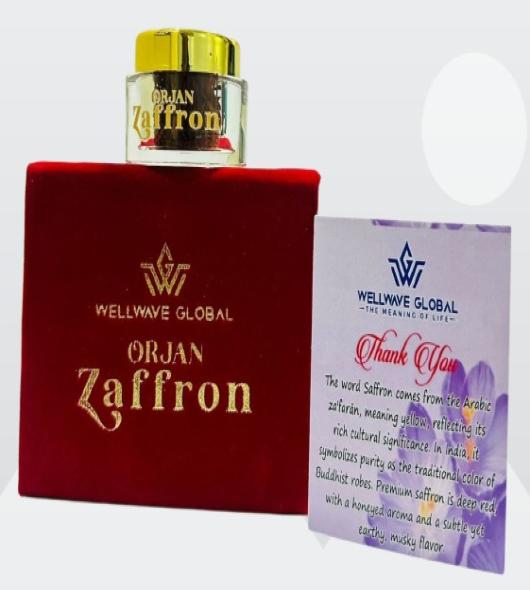


Kashmiri saffron offers numerous health
benefits, including potent antioxidant and anti-inflammatory properties
that protect against chronic diseases. It can improve mood and cognitive
function, support heart health, and aid in digestion. Additionally, it has
traditional uses in improving skin health, alleviating PMS symptoms, and
supporting eye health.
Antioxidant and anti-inflammatory
·
Fights
free radicals:
Kashmiri saffron is rich in antioxidants that
protect cells from damage caused by free radicals.
·
Supports
heart health:
Its anti-inflammatory properties help reduce
inflammation in blood vessels, lower cholesterol, and improve blood
circulation.
·
Reduces
inflammation:
It can help soothe
digestive tract irritation and has anti-inflammatory effects beneficial for
conditions like asthma.
Cognitive and mood enhancement
·
Boosts
mood: It contains
compounds like crocin and safranal that may help increase serotonin levels,
easing symptoms of mild to moderate depression and anxiety.
·
Improves
brain function: It is considered
a "brain tonic" that can sharpen memory, improve focus, and protect
against neurodegenerative diseases.
·
Supports
sleep: Compounds in
saffron can promote relaxation and may help with insomnia.
Skin and hair health
·
Improves
complexion:
It is traditionally used in skincare to reduce
pigmentation, acne scars, and dullness, and to enhance skin radiance.
·
Reduces
hair fall:
It can help reduce
hair fall and is often used in beauty rituals to nourish hair.
Women's health and pregnancy
·
Eases
PMS:
It has been traditionally used to help relieve
symptoms of premenstrual syndrome (PMS), such as mood swings and cramps.
·
Supports
pregnancy:
A warm saffron drink
can help relieve morning sickness and cramps during pregnancy.
Other benefits
·
Aids
digestion: It can soothe
the digestive tract, reduce bloating, and improve nutrient absorption.
·
Supports
weight management: It may help
suppress appetite and boost metabolism.
·
Promotes
eye health: It may help
protect the retina from damage and improve vision in those with age-related
macular degeneration.